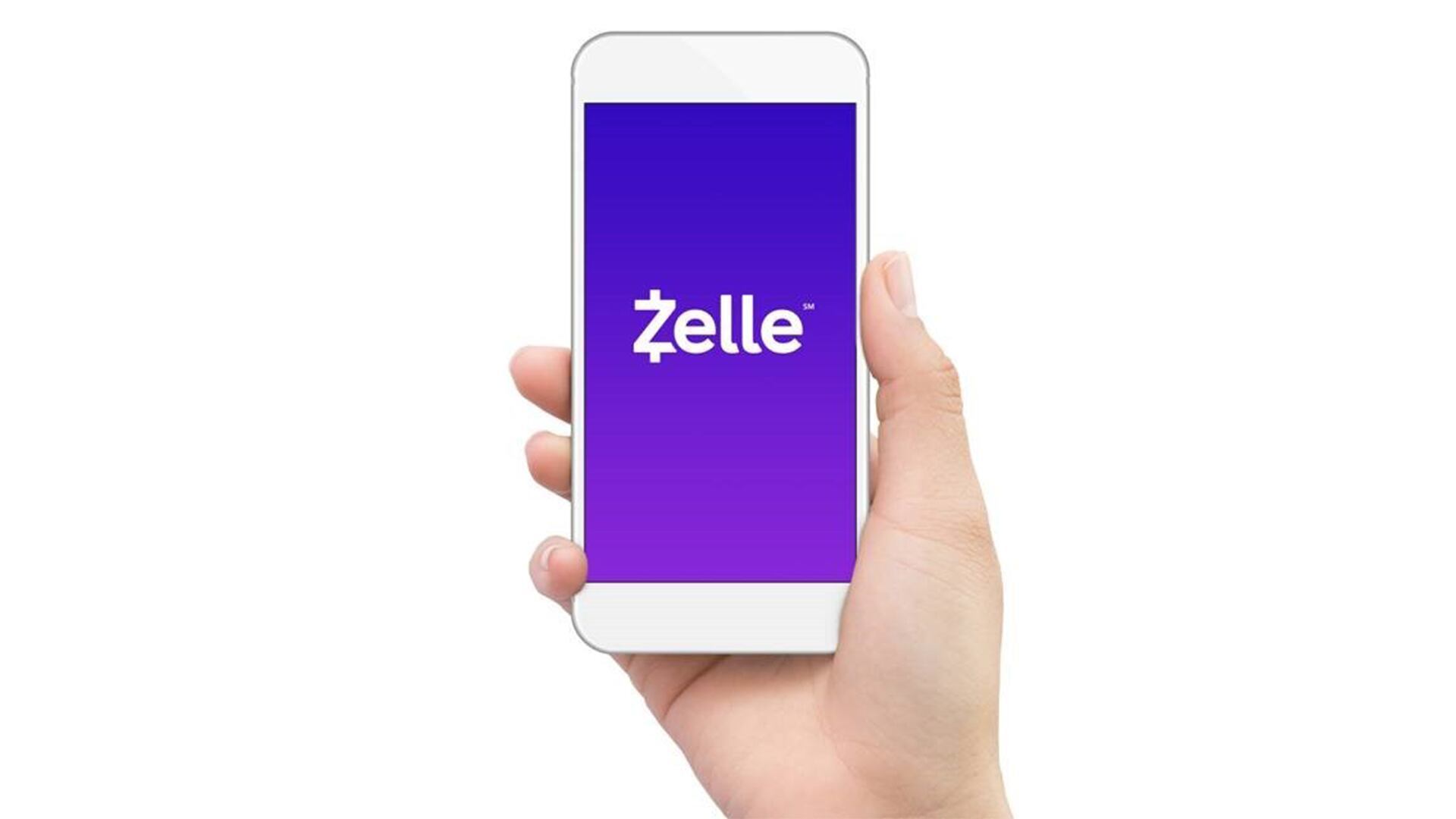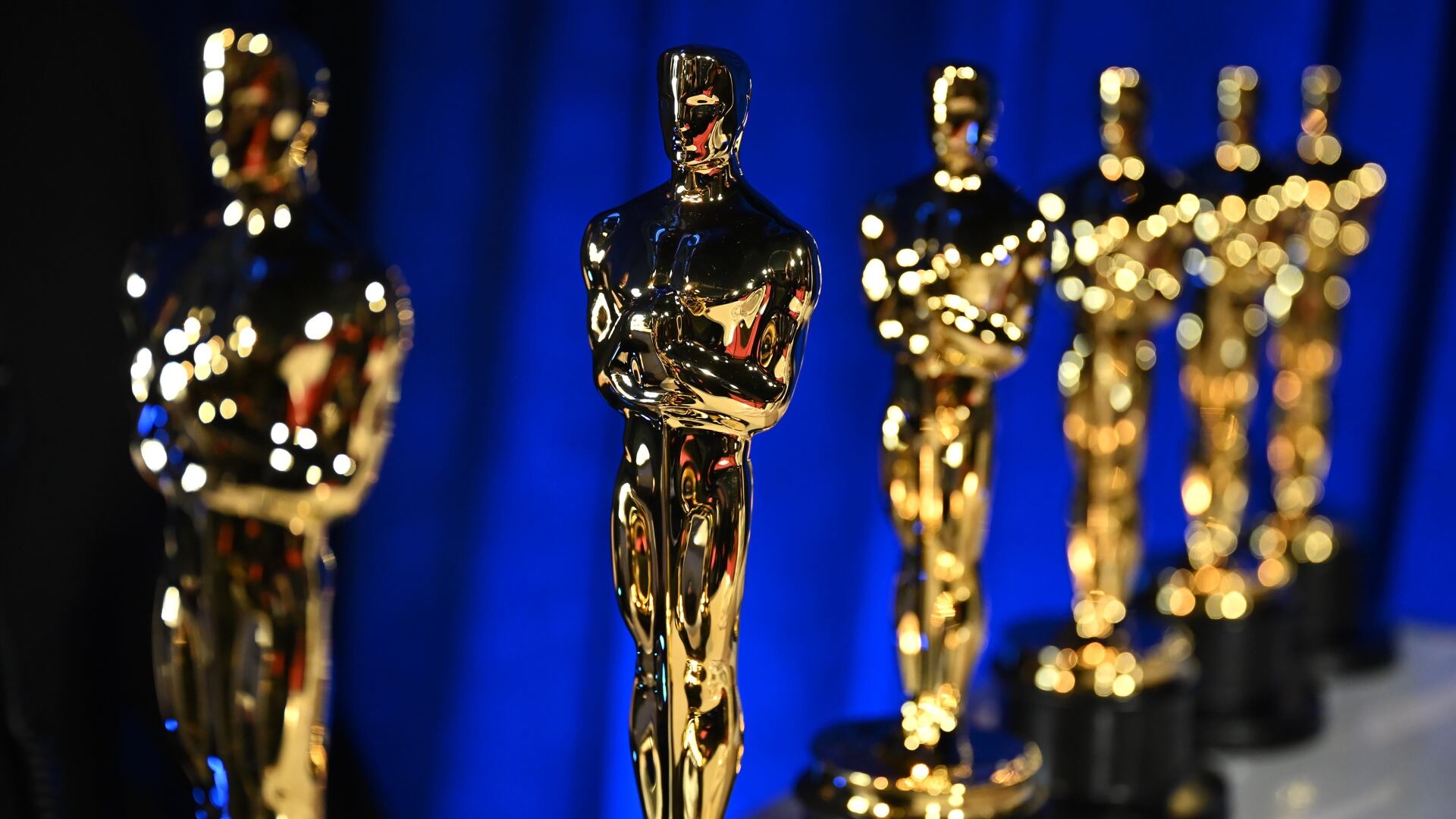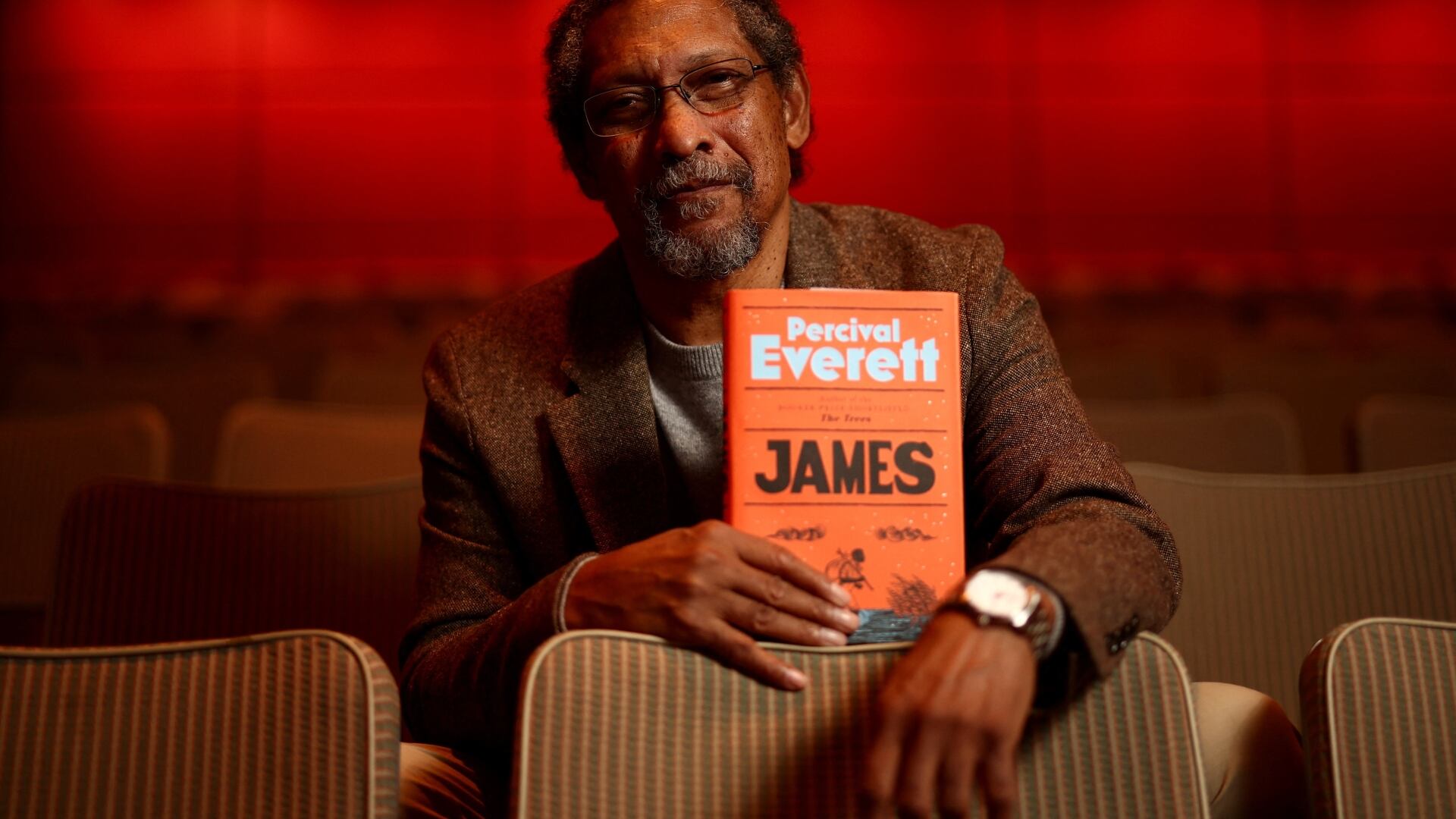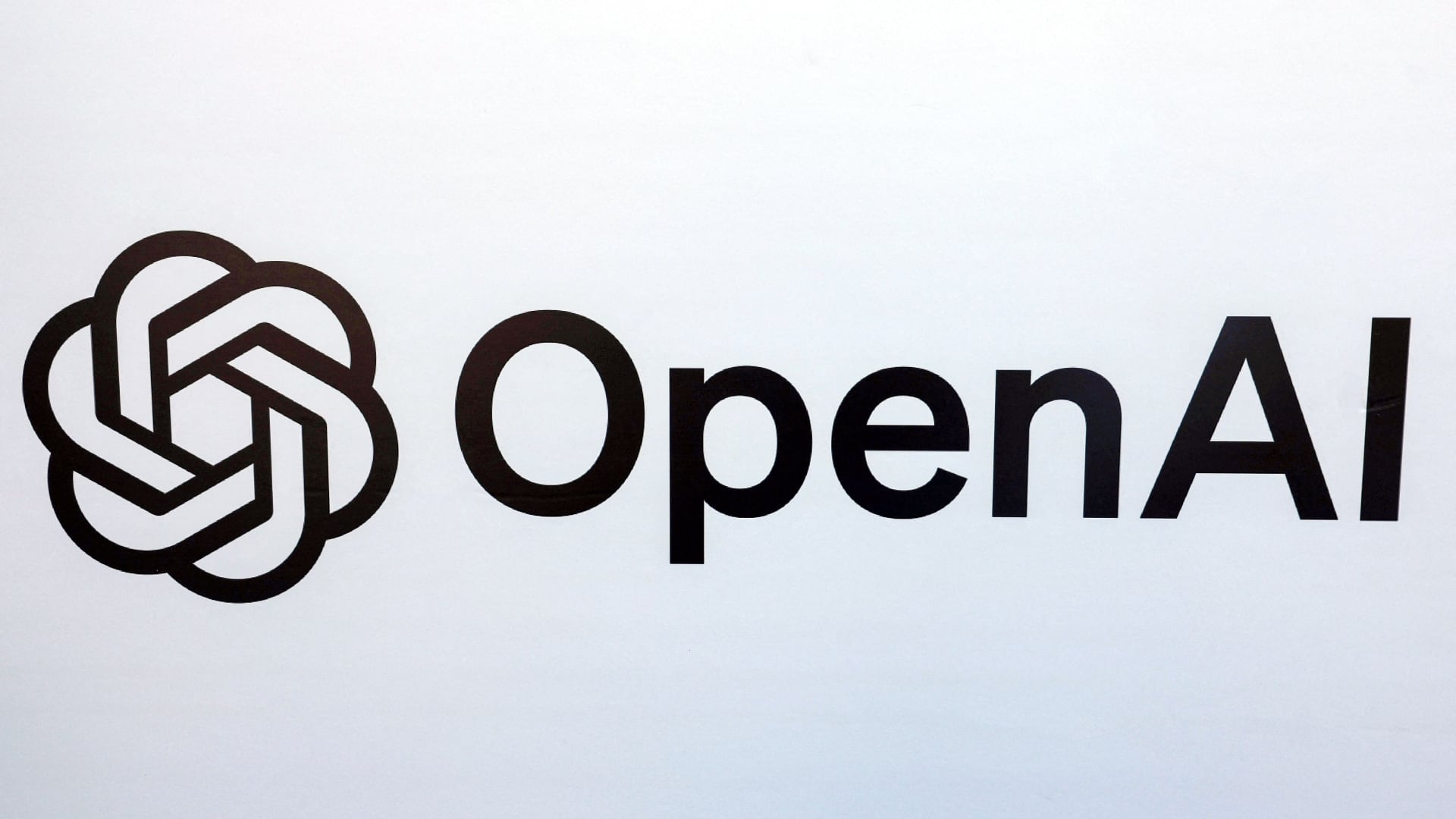*By Amanda Weston* A lead TV analyst suspects Netflix may be battling a case of nerves as the streaming giant turns to the debt markets for the third time in a year. "I think it's a reaction to the fact that Warner is coming into the picture, \[and\] Disney ($DIS)," Alan Wolk, a co-founder and lead analyst at TV\[R\]EV, told Cheddar Monday. "Suddenly, that market ー especially in the U.S. ー is getting crowded." "They're not killing it overseas," he added. "They're doing well. They've certainly added a lot of subscribers, but suddenly knowing that these other companies could come in makes them a little bit nervous." Wolk considers Amazon ($AMZN) a "huge threat," since the e-commerce giant makes most of its money in other ways. Netflix ($NFLX) [reportedly](https://www.reuters.com/article/us-netflix-debt/netflix-plans-to-raise-2-billion-to-fund-new-content-idUSKCN1MW1SU) aims to raise about $2 billion to invest in original shows and acquire new content. The company could spend as much as $13 billion on original content this year. As of Sept. 30, Netflix's total debt was $11.83 billion. But Wolk said the ongoing race to be the top streaming company has flooded the market with content. "The law of physics comes into play here," he said. "There's only so many people, so many hours, that a lot of this stuff is going to go unwatched, no matter how good it is." Wolk compared the streaming climate to the tulip market, which in the 1600s saw prices and demand surge only to eventually collapse. "Plus, you have to factor in the talent formula," Wolk said. "With all those shows there just aren't that many people who can make good TV shows. So a lot of them are going to be kind of bad." Ultimately, Wolk said, "the goal of streaming companies is to have people either subscribe or not unsubscribe." "What's going to happen is people have a mental binge list. 'Here's the four or five shows I want to watch,'" he said. "If you're not on their binge list, you're just going to start unsubscribing to their network maybe for three months." Wolk cited HBO as an example, since hits like "Westworld" and "Game of Thrones" are not currently airing new episodes ー "Game of Thrones" doesn't premiere its latest installment until April, while "Westworld" just ended its second season. During that downtime he said users may start to wonder why they're still paying for accounts. "I think that as all this comes out we're going to start seeing a lot more churn, and obviously the networks that have sort of the least amount of stuff that people want to watch are in the most danger, and also the least amount of capitalization," Wolk said. "So that could put Netflix in danger ー just because they don't have sort of the deep pockets. They're very capitalized but they don't actually have the cash." Another trend among streamers is to stay the course with content they already trust, instead of taking on new series, which Wolk called "the comfort food factor." But Netflix is steadily losing "comfort" content to Disney, he added. For full interview [click here](https://cheddar.com/videos/analyst-talks-tulip-market-amid-streaming-wars).












